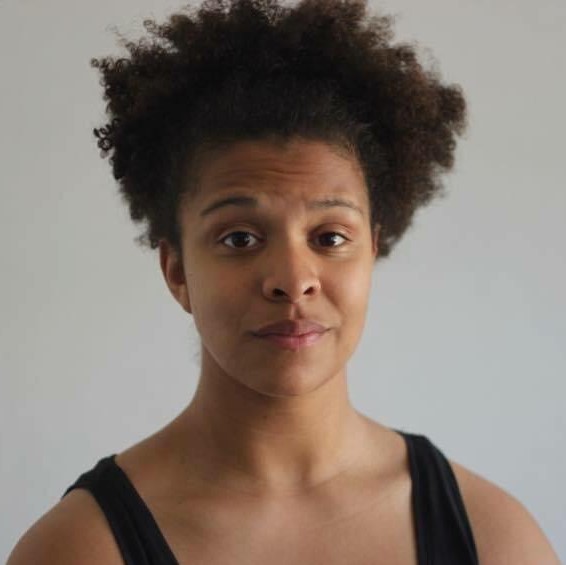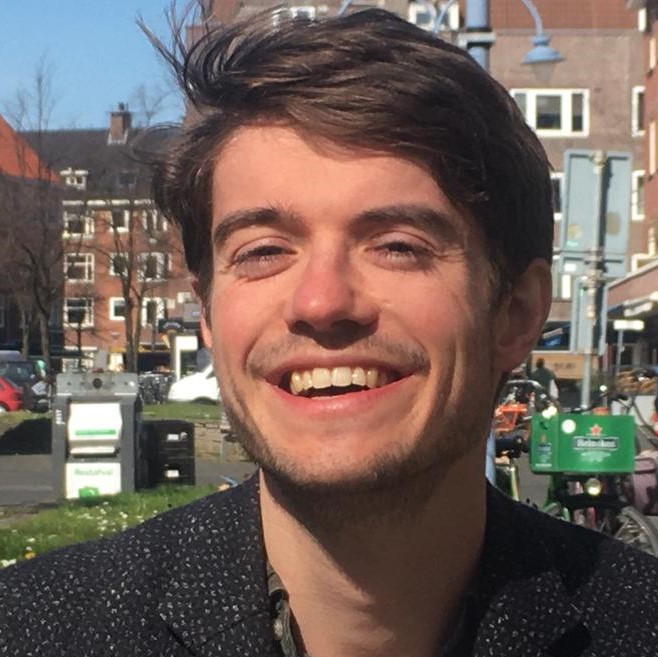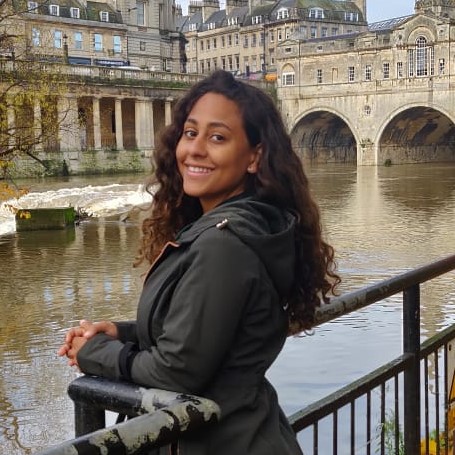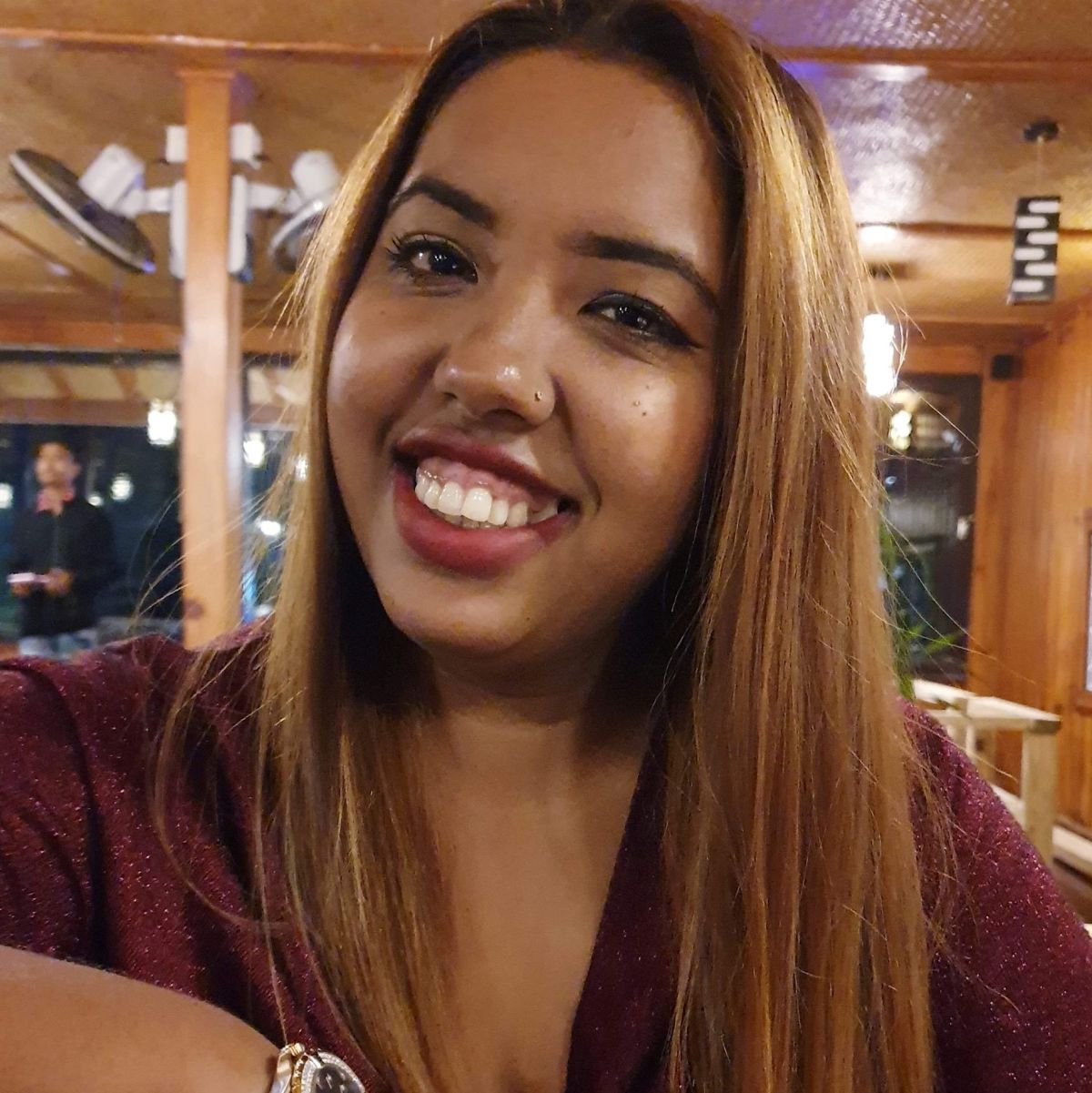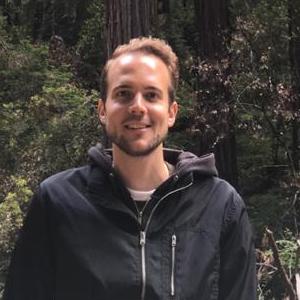Vormt Nederlandse Tolerantie een Drempel voor de Volledige Acceptatie van Minderheden?
Homoseksuele mannen hebben – op de mogelijkheid tot bloed doneren na – vrijwel dezelfde rechten als heteroseksuelen en zijn daarom formeel gezien geaccepteerd. Tegelijkertijd wijst mijn ervaring erop dat deze acceptatie in de praktijk van veel voorwaarden afhangt.
Netherlands, Western Europe
Story by Hugo Oms
Published on March 27, 2020.
This story is also available in 






Afgelopen week plaatste de nationale Nederlandse krant ‘NRC’ een artikel over het racisme dat Nederlanders met Chinese roots sinds de uitbraak van het coronavirus ervaren.
Wendy Zeng - een Nederlandse farmaciestudent met Chinese ouders – vertelt hoe in de bus twee jongens al hoestend ‘corona’ naar haar riepen. Ook is er een flat in Wageningen met poep besmeurd met de tekst ‘sterf chinezen’ en heeft radio 10 een carnavalsnummer geproduceerd waarin gezongen wordt dat het de schuld is van ‘die stink-chinezen’.
Wendy is enorm geschrokken van het onderhuidse racisme dat sinds de uitbraak van het coronavirus is blootgelegd en concludeert dat Nederland zich verschuilt achter het begrip tolerantie. Wendy legt vervolgens uit: ‘Nederlanders tolereren kennelijk iets wat buiten de norm valt. Kennelijk wijken de Chinezen van deze norm af. Dat is op zichzelf al problematisch. Tolerantie is een drempel voor acceptatie.’
De bewering van Wendy zette mij aan het denken. Verschuilt Nederland zich inderdaad achter het begrip tolerantie en vormt dit een probleem voor de volledige acceptatie van minderheden?
Homoseksuelen worden in zekere mate dus ook getolereerd, maar lang niet altijd geaccepteerd.
Als Nederlandse gay man kan ik mij zeker vinden in Wendy’s opmerking. Homoseksuele mannen hebben – op de mogelijkheid tot bloed doneren na – vrijwel dezelfde rechten als heteroseksuelen en zijn daarom formeel gezien geaccepteerd. Tegelijkertijd wijst mijn ervaring erop dat deze acceptatie in de praktijk van veel voorwaarden afhangt.
Zo is mij ontelbaar veel keren verteld dat ik een leuke gast ben ‘voor een homo’ omdat ik niet zo ‘overdreven’ of ‘verwijfd’ zou zijn. Daarnaast ben ik net als Wendy meerdere keren nageroepen op straat en zijn mijn ex-vriend en ik een keer een nachtclub in Rotterdam uitgezet omdat ze geen ‘zoenende homo’s’ in hun club wilden. Als we publiekelijk affectie wilde uiten, dan moesten we maar naar de gaybar toe.
In Nederland lijkt de lhbt-acceptatie daarom tot op zekere hoogte nog steeds afhankelijk van de gangbare gedragsnormen: je mag wel homo zijn, zolang je niet te vrouwelijk of extravagant bent en zolang je het maar niet te veel publiekelijk uit. Homoseksuelen worden in zekere mate dus ook getolereerd, maar lang niet altijd geaccepteerd.
Uit mijn ervaring blijkt dat Nederlanders onze multiculturele samenleving en wettelijke gelijkheid vaak aanhalen om te beweren dat de emancipatie van minderheden ‘af’ is.
Betekent dit dat tolerantie in de weg staat van de volledige acceptatie van minderheden in Nederland? Ik denk van wel. Zoals Wendy aangeeft impliceert het woord ‘tolerantie’ dat een groep op een negatieve manier afwijkt van de norm. De nadruk ligt hierbij op het verschil.
Begrijp me niet verkeerd: Nederland is een walhalla aan diversiteit waar een enorme verscheidenheid aan mensen met verschillende achtergronden zich thuis voelt. Ik vraag me echter af of deze verschillende groepen met elkaar of naast elkaar leven.
Uit mijn ervaring blijkt dat Nederlanders onze multiculturele samenleving en wettelijke gelijkheid vaak aanhalen om te beweren dat de emancipatie van minderheden ‘af’ is. Dit wekt de suggestie dat de wettelijke bescherming van minderheden en de enorme verscheidenheid aan mensen er juist toe geleid heeft dat we de noodzaak van sociale toenadering en acceptatie uit het oog verloren zijn.
Zolang het ongemakkelijk voelt om hand in hand te lopen met mijn vriend en de acceptatie van mijn homoseksualiteit in bepaalde situaties afhangt van mijn gedrag, durf ik stellig te ontkennen dat de emancipatie van minderheden in Nederland af is.
We zouden ons in Nederland daarom niet meer op ‘tolerantie’ maar ‘acceptatie’ moeten focussen. Want zolang het ongemakkelijk voelt om hand in hand te lopen met mijn vriend en de acceptatie van mijn homoseksualiteit in bepaalde situaties afhangt van mijn gedrag, durf ik stellig te ontkennen dat de emancipatie van minderheden in Nederland af is.
How does this story make you feel?
Follow-up
Do you have any questions after reading this story? Do you want to follow-up on what you've just read? Get in touch with our team to learn more! Send an email to [email protected].
Talk about this Story
Please enable cookies to view the comments powered by Disqus.
Subscribe to our Monthly Newsletter
Stay up to date with new stories on Correspondents of the World by subscribing to our monthly newsletter:
Other Stories in Nederlands
Explore other Topics
Get involved
At Correspondents of the World, we want to contribute to a better understanding of one another in a world that seems to get smaller by the day - but somehow neglects to bring people closer together as well. We think that one of the most frequent reasons for misunderstanding and unnecessarily heated debates is that we don't really understand how each of us is affected differently by global issues.
Our aim is to change that with every personal story we share.
Community Worldwide
Correspondents of the World is not just this website, but also a great community of people from all over the world. While face-to-face meetings are difficult at the moment, our Facebook Community Group is THE place to be to meet other people invested in Correspondents of the World. We are currently running a series of online-tea talks to get to know each other better.












